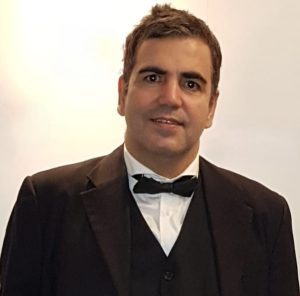The challenge
Synovial sarcoma is a rare and aggressive cancer that mostly affects children, teenagers, and young adults. Sadly, by the time many people are diagnosed, the cancer has already spread to nearby tissues or other organs, or individuals are at high risk of developing secondary tumours.
Once the cancer has spread, it is very hard to treat and can’t usually be cured with surgery. Current treatments involve chemotherapy, however this is often not effective and can cause serious side effects, because the drugs harm healthy cells as well as cancer cells.
How will this project tackle this challenge?
This PhD project is investigating a new treatment that travels through the body and targets only cancer cells, without damaging healthy ones. To do this, the team will use a delivery system based on something called a bacteriophage. A bacteriophage is a type of virus that can be directed to specifically target cancer cells, and not the surrounding healthy cells. This technique has already been used safely to treat bacterial infections.
The researchers have previously used bacteriophages to deliver cancer-killing agents in animals with other types of sarcoma, and the results were promising. In this project, they’ll modify the bacteriophage so that it can recognise and target synovial sarcoma cells. Once it reaches the tumour, it will release a special anti-cancer compound that attacks the tumour cells but leaves healthy cells alone.
The project will first test this new approach on synovial sarcoma cells in the lab. If it works, the next step is to test it in mice with synovial sarcoma to see if the treatment can shrink or even eliminate tumours after it’s given through a simple injection.
What this means for people affected by sarcoma
The treatment would need to undergo further studies and clinical trials, however if successful, this research could lead to a potential new treatment option for synovial sarcoma that is more effective and much less harmful than current chemotherapy.










